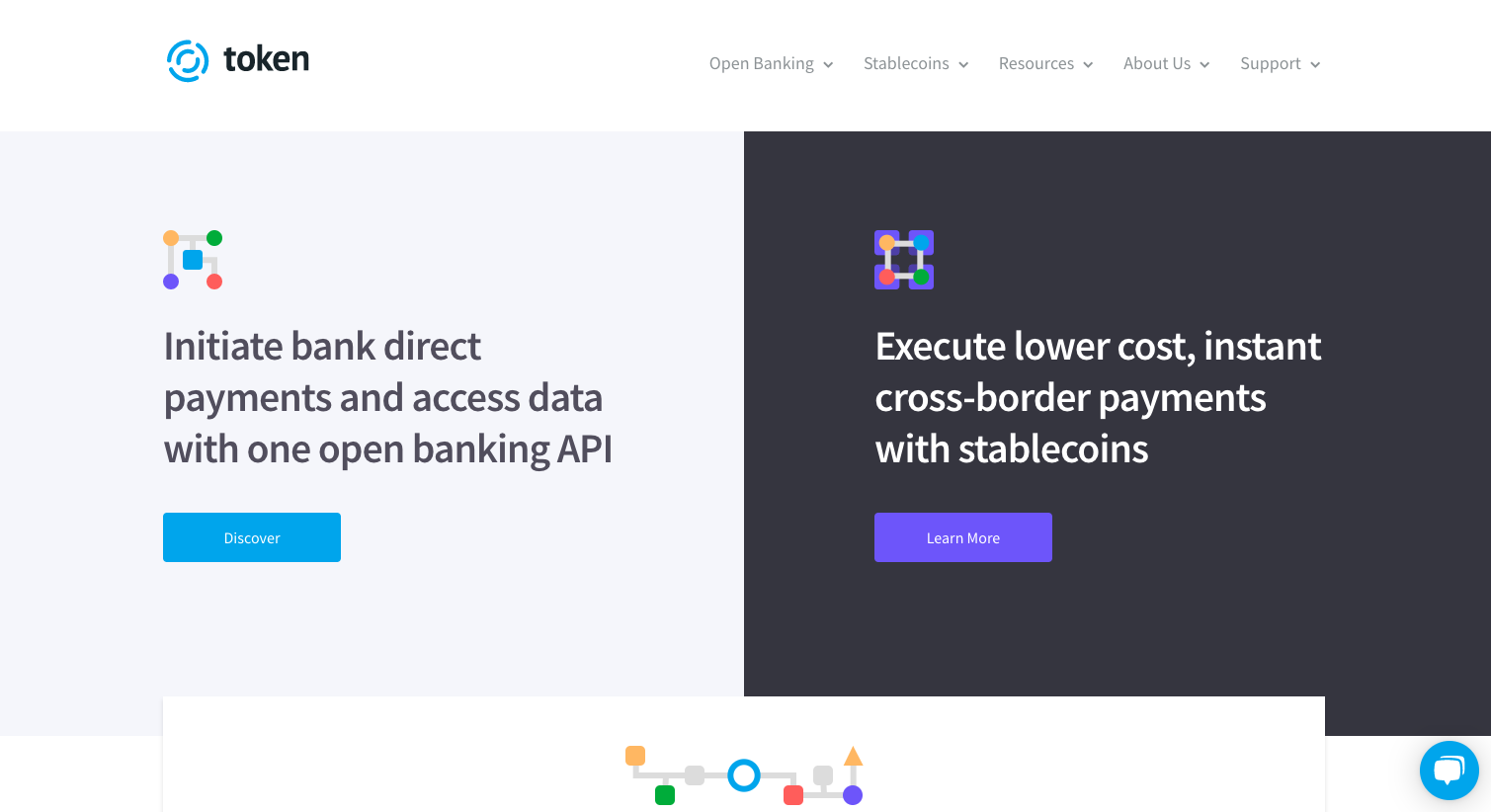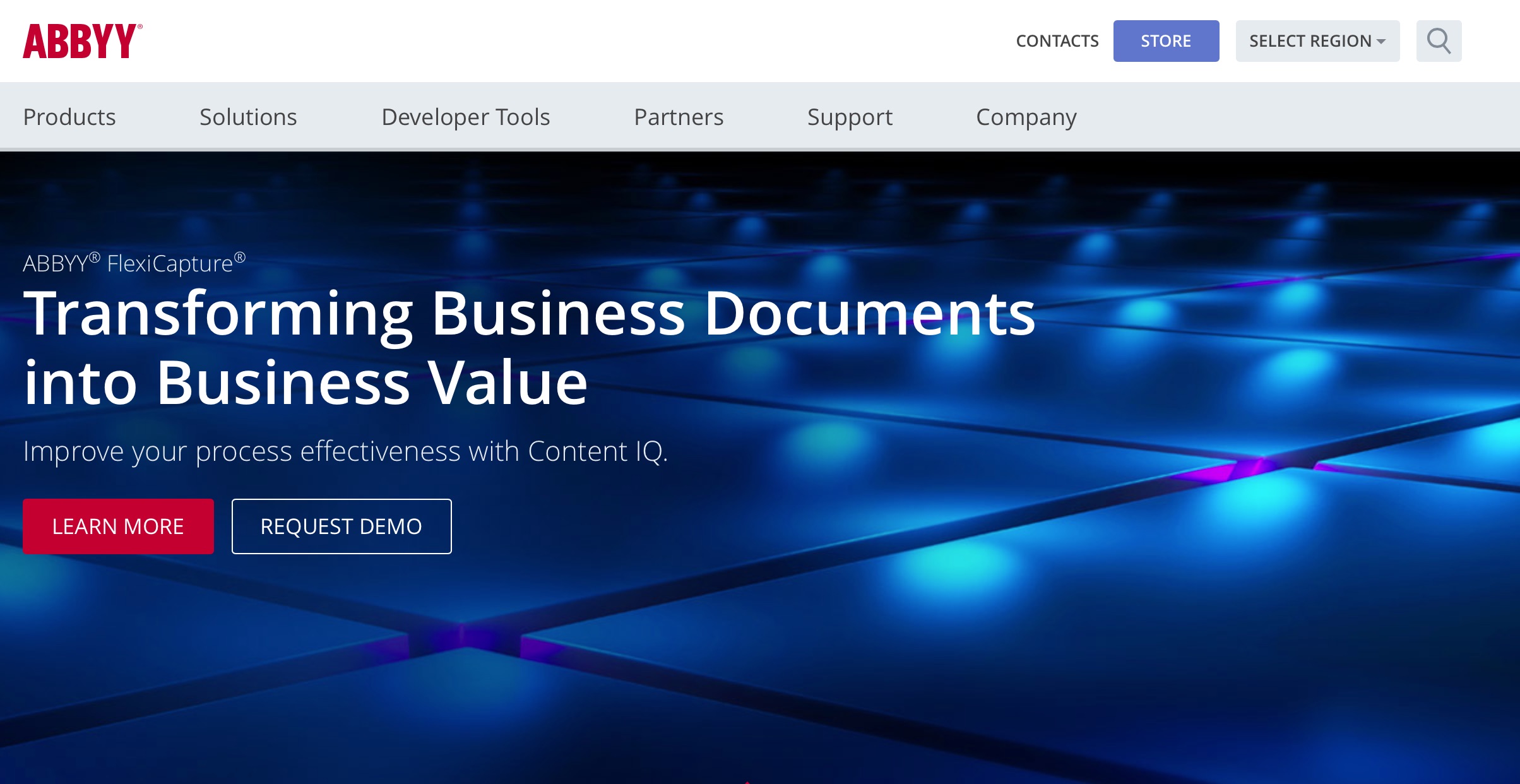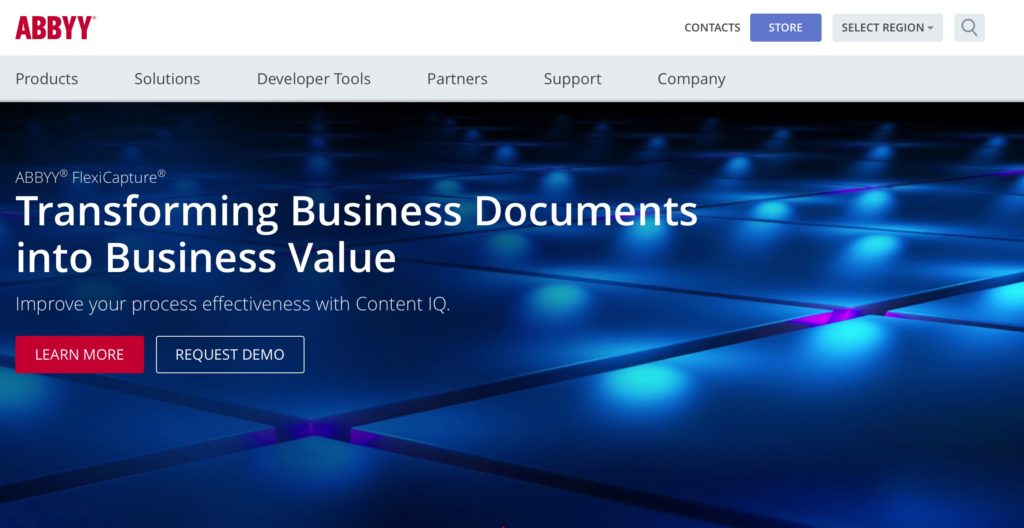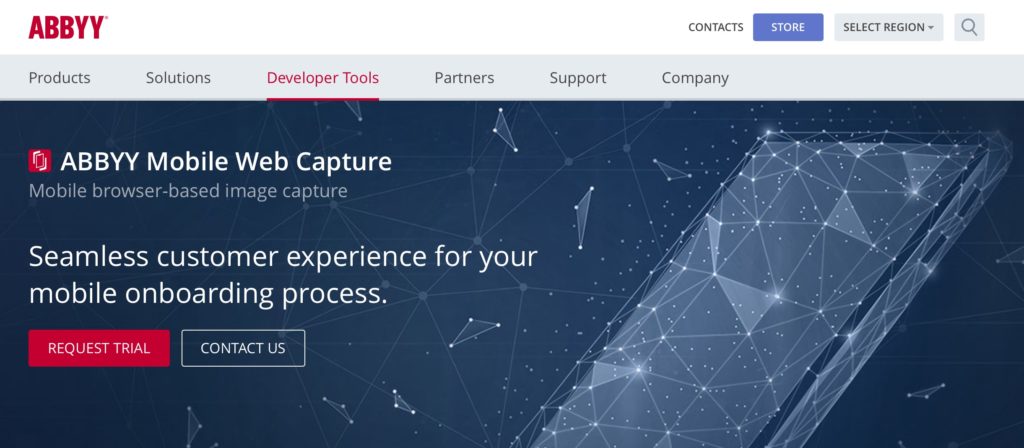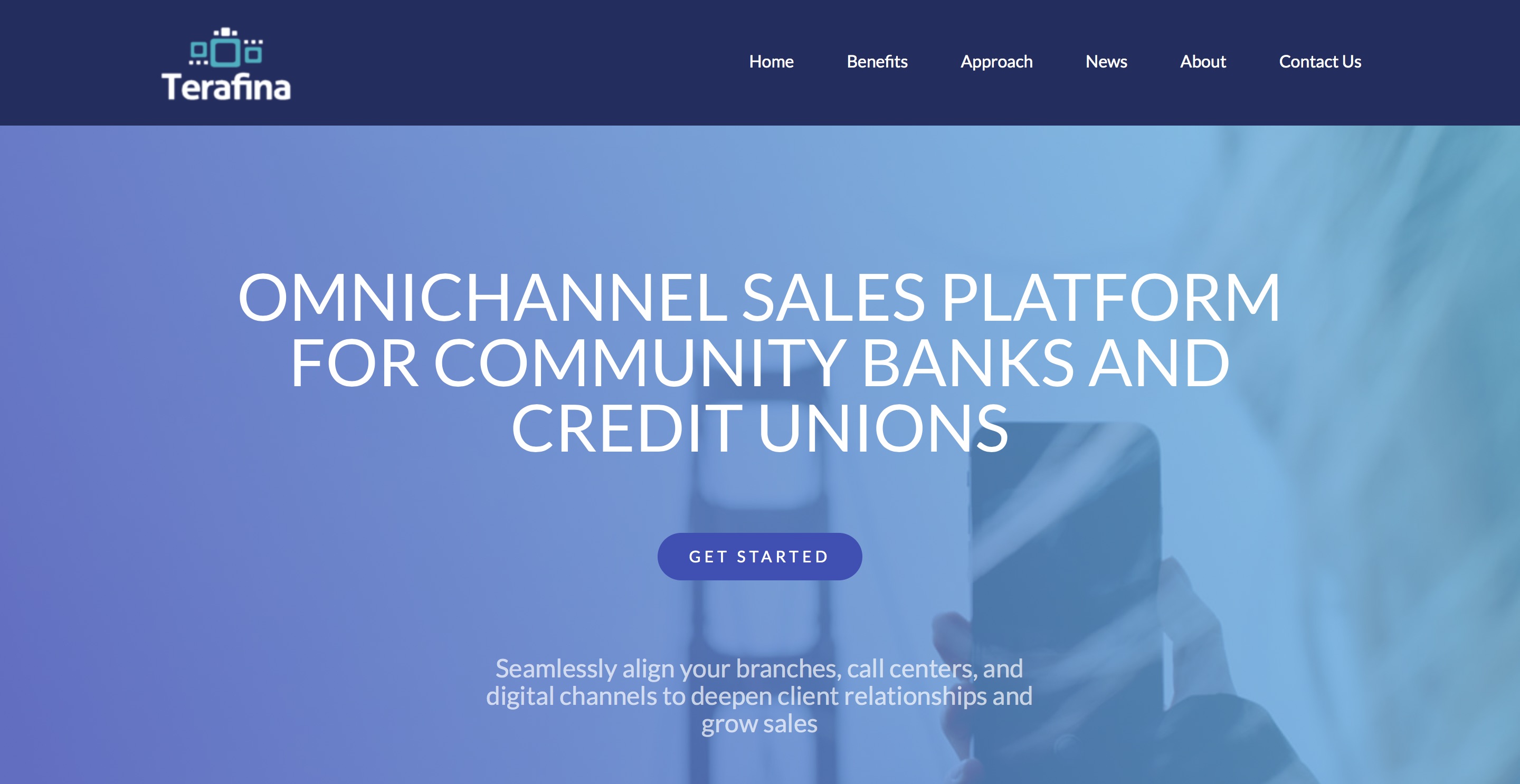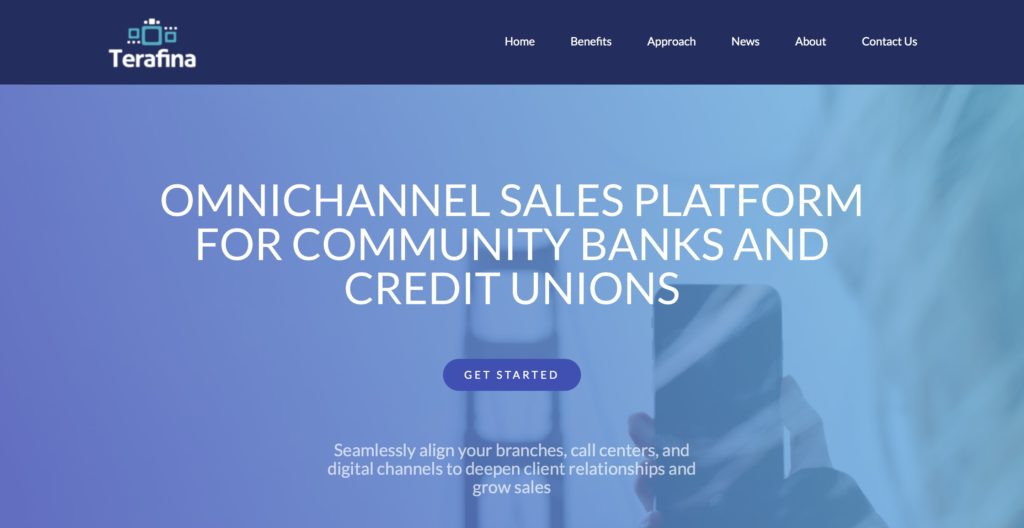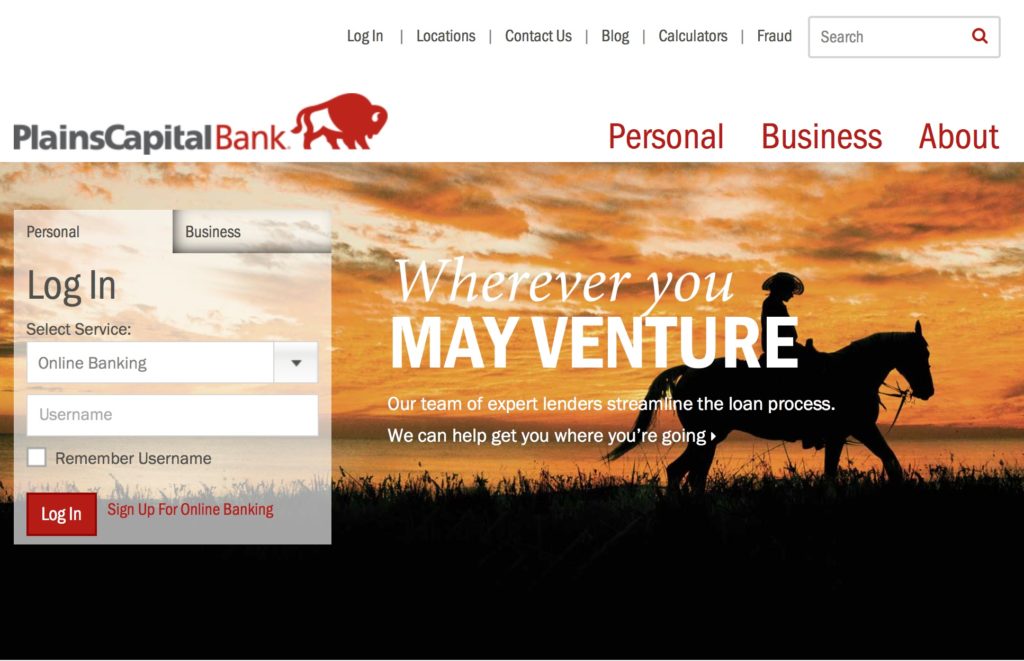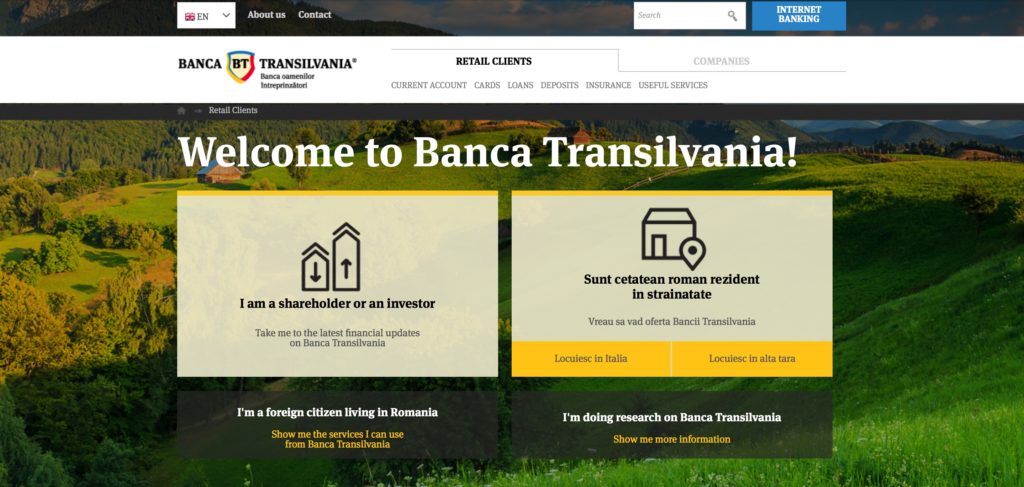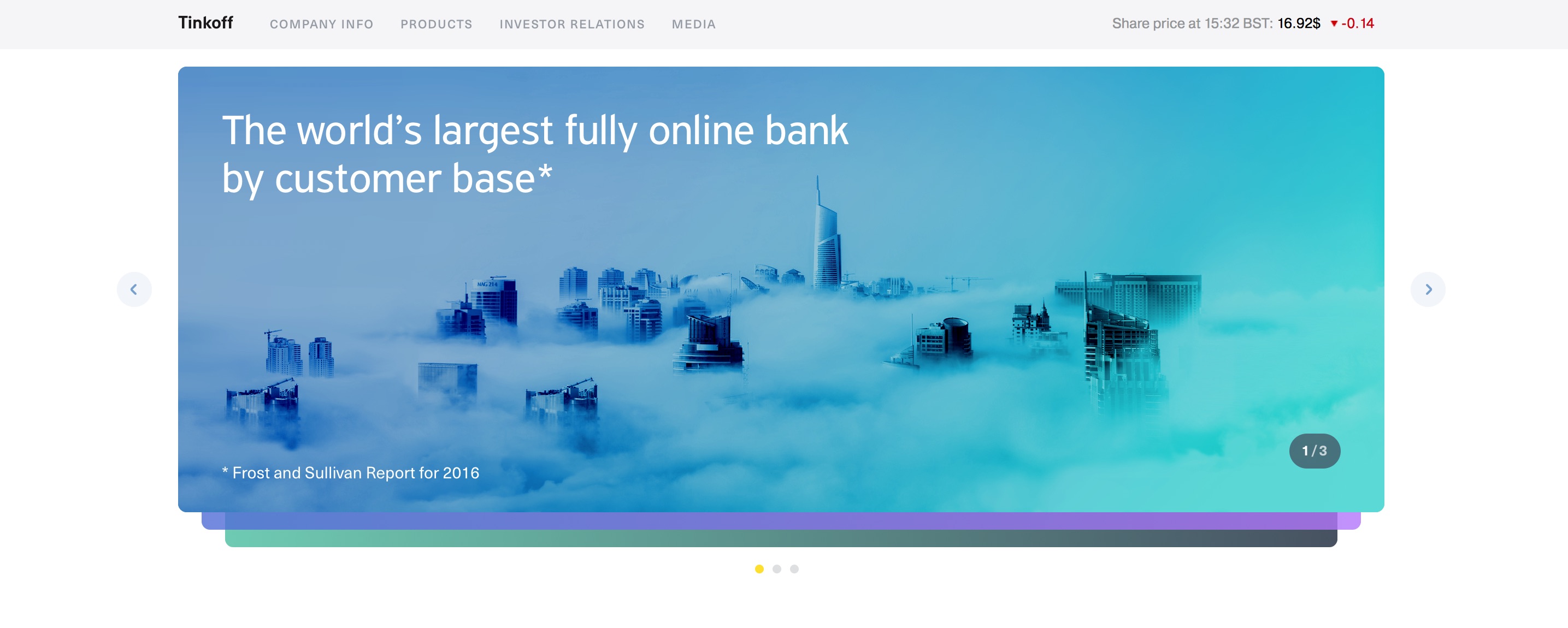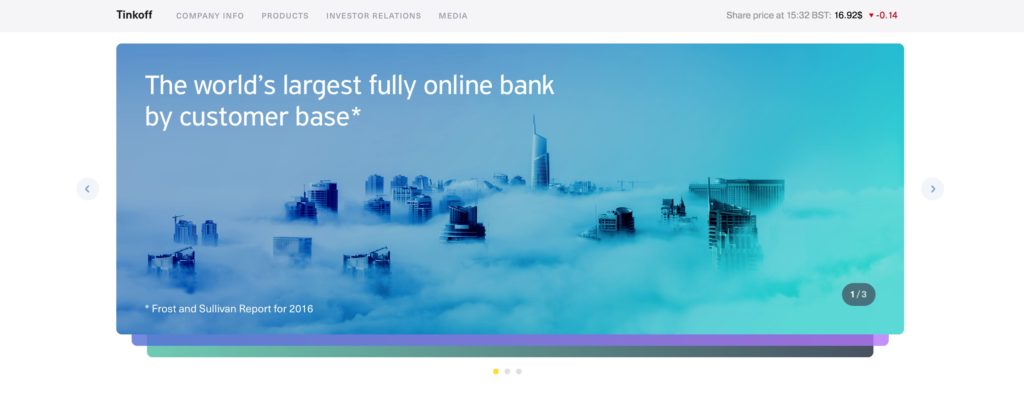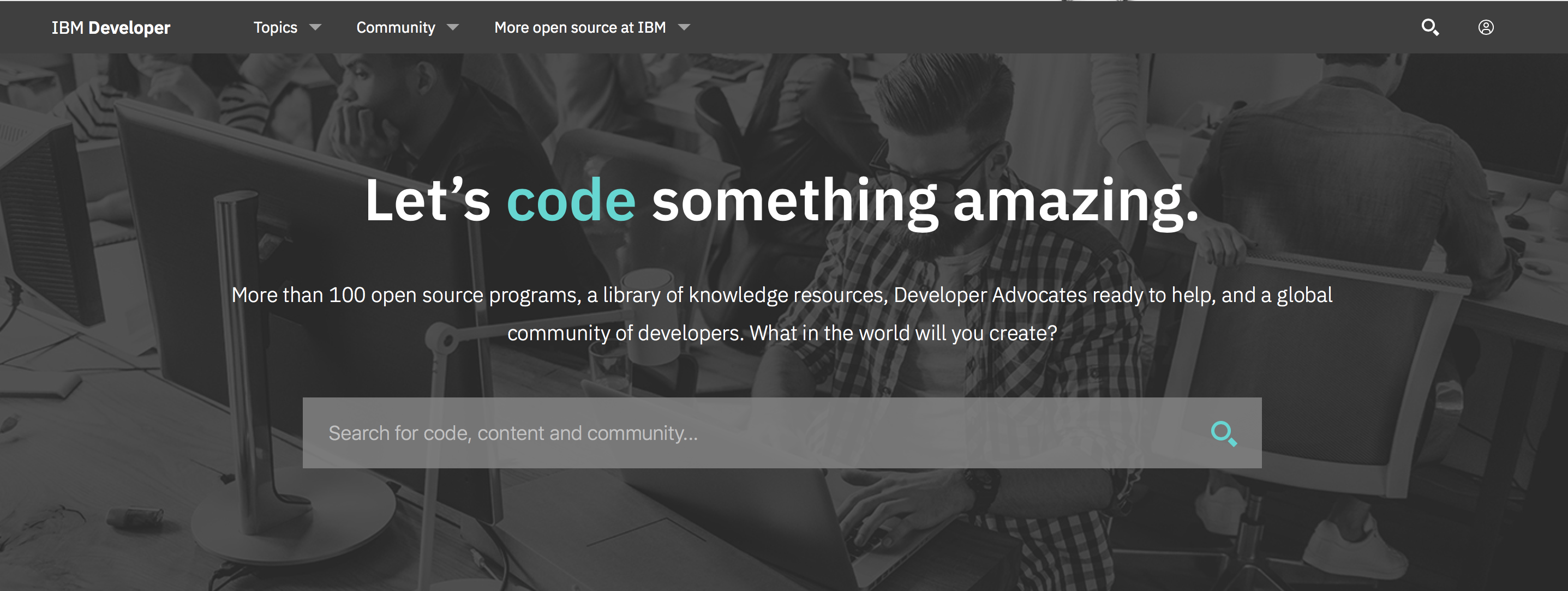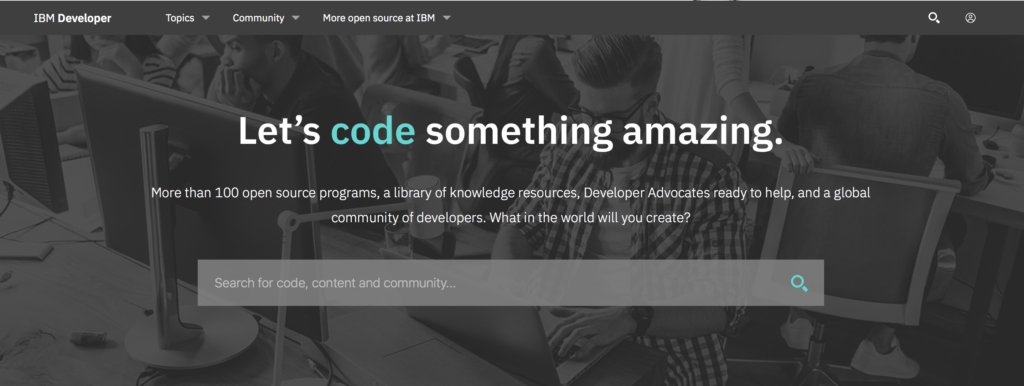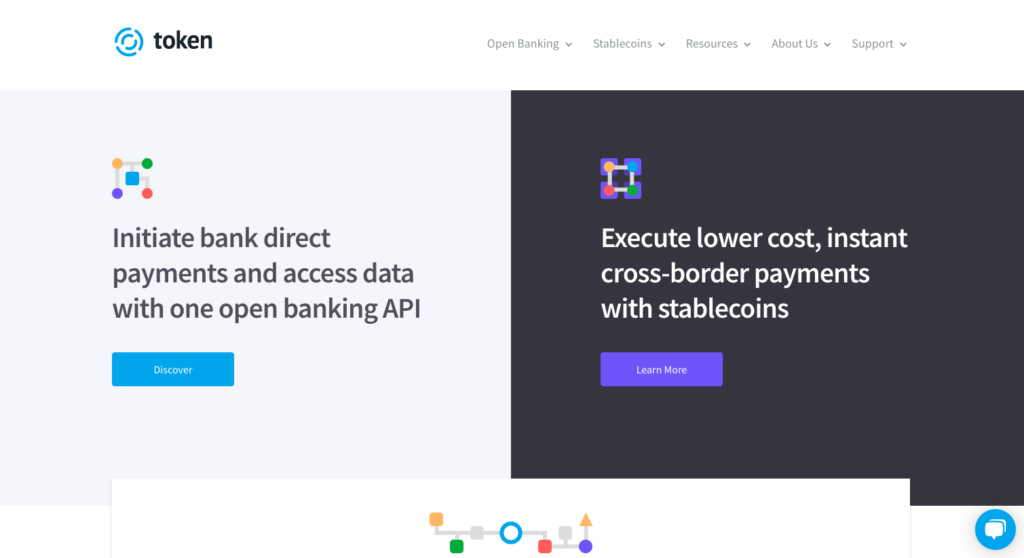
Open banking expert Token received $16.5 million in a round of funding led by Opera Tech Ventures, the venture arm of BNP Paribas. The investment brings the company’s total funding to $35 million.
Also participating in today’s round are two banks headquartered in the Middle East and Southeast Asia, as well as existing investors Octopus Ventures and EQT Ventures. California-based Token will use the funds to build on its TokenOS open banking platform and develop new payment solutions with digital money and identity technology.
“As the emerging category leader in open banking infrastructure, Token gives banks a fast track to deliver great open banking customer experiences,” said Token Founder and CEO Steve Kirsch. “For banks, establishing an early position in this new hyper-connected market is a competitive advantage; a new wave of independent financial apps and services will soon be available to their customers, so banks need to be clear about their future roles. By solving the infrastructure problem, Token enables them to focus on service innovation and delivery earlier than the competition.”
Founded in 2015, Token was built on the mission to create the next generation of payment capabilities. The company has 4,000 bank clients in its ecosystem in which participating online merchants to connect to the bank to allow the customer to make purchases directly from their bank accounts. Among Token’s clients are Tandem Bank, Think Money Group, An Post, Sberbank Croatia and Slovenia, and Khaleeji Commercial Bank.
Token showcased its PSD2 compliant solution at FinovateEurope 2017 in London. Last month, the company partnered with Omni Group to provide open banking and PSD2 compliance solutions to the group’s bank partners. This year, Token won Best Payments Newcomer in the 2019 Card and Payments Awards as well as Fintech Start Up of the Year in the 2019 FStech Awards.
